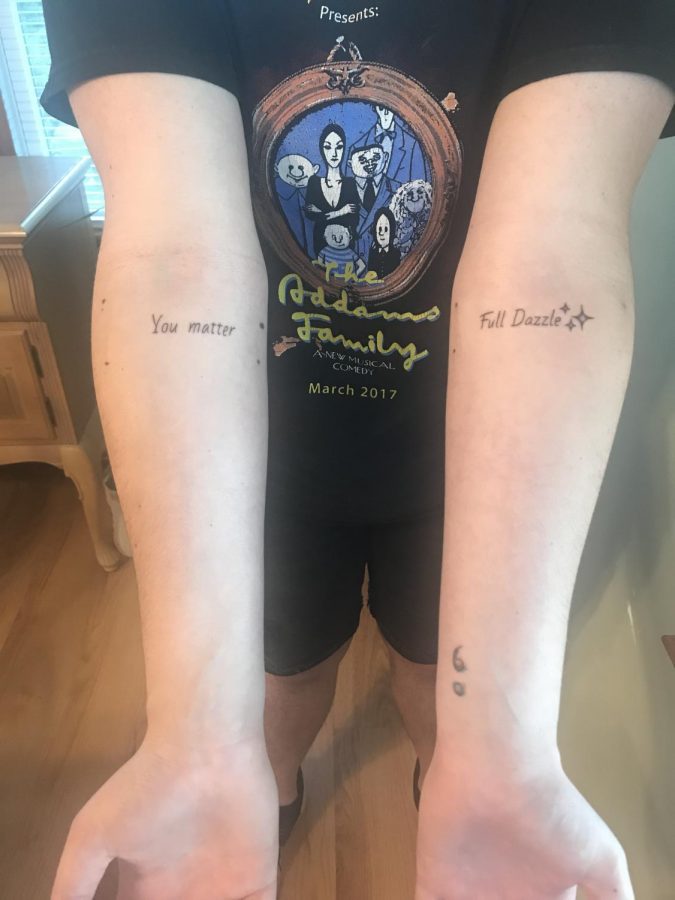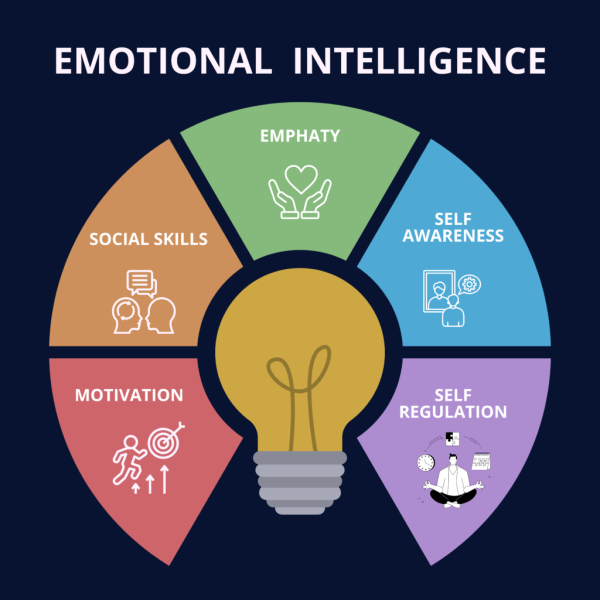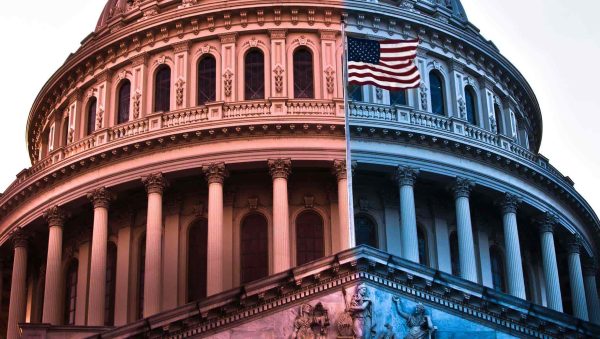Assumptions About Tattoos and Piercings
Walking down any street you are likely to see someone with a tattoo or even a whole sleeve of tattoos because of how common they have become. Tattoos are used as a form of expression and art but often tattooed people face the judgement of others. There has been a taboo about tattoos for generations but, before that, tattoos were popular and accepted for even the most powerful people during those times. Today, people make assumptions about tattoos as well as piercings beyond the classic earlobe. These assumptions can be made during job interviews, by family members, by the family of significant others, or by a passing stranger on the street.
The Workplace
Often, when someone gets a new tattoo they are faced with the same question, “How are you ever going to get a job with a tattoo?”
Getting a tattoo or multiple tattoos is a risky decision because of the associated stereotypes. During a job interview it is important to always look your best, because the professional world requires a professional appearance. While there is nothing inherently unprofessional about tattoos and piercings, they can be perceived as improper. A study from 1995 has shown that 60% of employers would pass on hiring candidates with tattoos or piercings. Since then, the conditions have improved but tattooed candidates continue to be passed over. The reasons behind many of these assumptions about tattooed people are because of the high popularity of tattoos with criminals and angsty teenagers looking to rebel. Although many of these assumptions are still in play, the workplace is becoming more and more accepting of piercings and tattoos due to how common they have become. To navigate such situations, it’s important to understand which actions count as discrimination at work and advocate for fair treatment.
Family, Friends & Meeting Parents
Tattooed and pierced people often face judgement in their own homes, however this is not the case for everyone, some families are very accepting. When someone has tattoos or a lot of piercings family gatherings are often a struggle because they are faced with the same lectures about their body art. People get tattoos and piercings because they want to decorate their body with art. Older members of your family are likely to have a problem with tattoos and piercings and they tend to make sure you know how they’re feeling. The reason that older members of your family might have a problem with tattoos and multiple piercings is because they were not common during their childhood and young adult years. Another scary scenario for people with body art such as tattoos and piercings are that they risk losing friends. Some people are very conservative in the sense that they believe your body should be left as it was when you were born.
Everyone is apprehensive the night you go to meet your significant others’ parents, but there is a separate cause for anxiety in those who are tattooed or pierced. Parents can be overprotective and might hold high standards for their child’s significant other. If someone covered in tattoos and piercings walked in some are more likely to automatically assume they are not good for their child. Usually these feelings will fade as your relationship continues and they get to know your personality.
Passing Strangers
People with tattoos and piercings are judged often by people they pass on the street. Some people who oppose tattoos choose to make their opinions heard. These opinionated people will pass judgment onto people with tattoos and piercings without being provoked. Whether these acts of judgment are verbal or just a physical sign of distaste, they are very hurtful. Often a parent walking with their child will move their child to keep them away from someone with tattoos or piercings. They may think they are being subtle, but the person they are making assumptions about most likely notice what they’re doing and feel hurt by their actions.
Progression Over Time
The oldest tattoos documents are on Otzi the Iceman. Otzi was discovered in 1991 in the Alps; his body was preserved from 3300 BC and had several tattoos. Female mummies with tattoos dating back to the pyramids have been discovered as well. Bodies discovered in Siberian tombs from 2,000 years ago were discovered in 1948 with tattoos of animals. During these times, tattoos were accepted. But at the rise of Christianity, tattoos became associated with Paganism. King George V had a tattoo of a dragon and Edward VII had a tattoo of a cross.
Since then, tattoos have become popular among men and women in military service, as well as police and firemen. Commonly, people involved in the military get tattoos to commemorate their field of service; often choosing patriotic designs. Tattoos have also become popular to symbolize depression; many people suffering from the illness tattoo semicolons, which have become a universal symbol of living with and surviving depression. Aside from universal symbols people now get tattoos of symbols in their own personal lives or just any tattoo they believe is beautiful.
Despite the stereotypes and assumptions about tattoos and piercings, they are overall harmless as long as you go to a reputable tattoo artist using proper sterilization methods. People get tattoos and piercings for a multitude of reasons, two of them being because of what they symbolize or just because tattoos and piercings are a form of art.

Rebecca Wood, best known as Becky, is a hard-working senior currently attending Roxbury High School. She always enjoyed making up creative stories, even...






